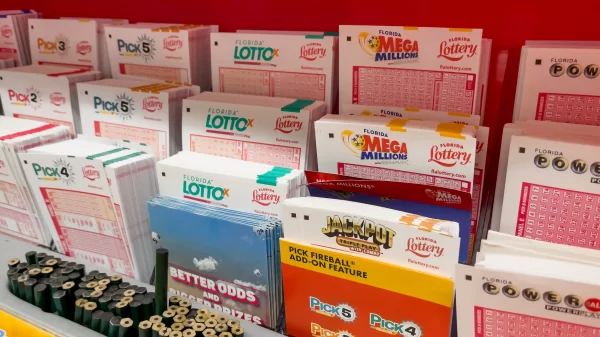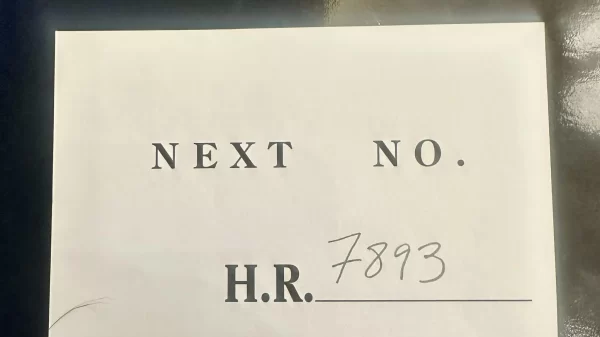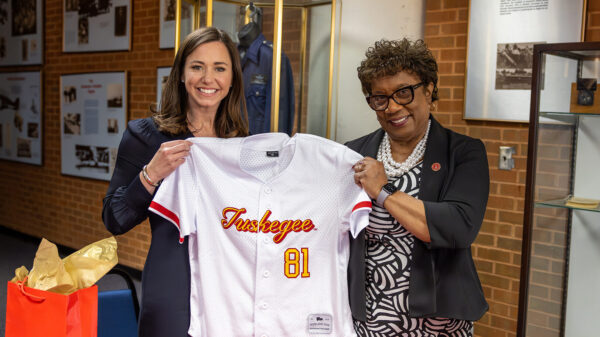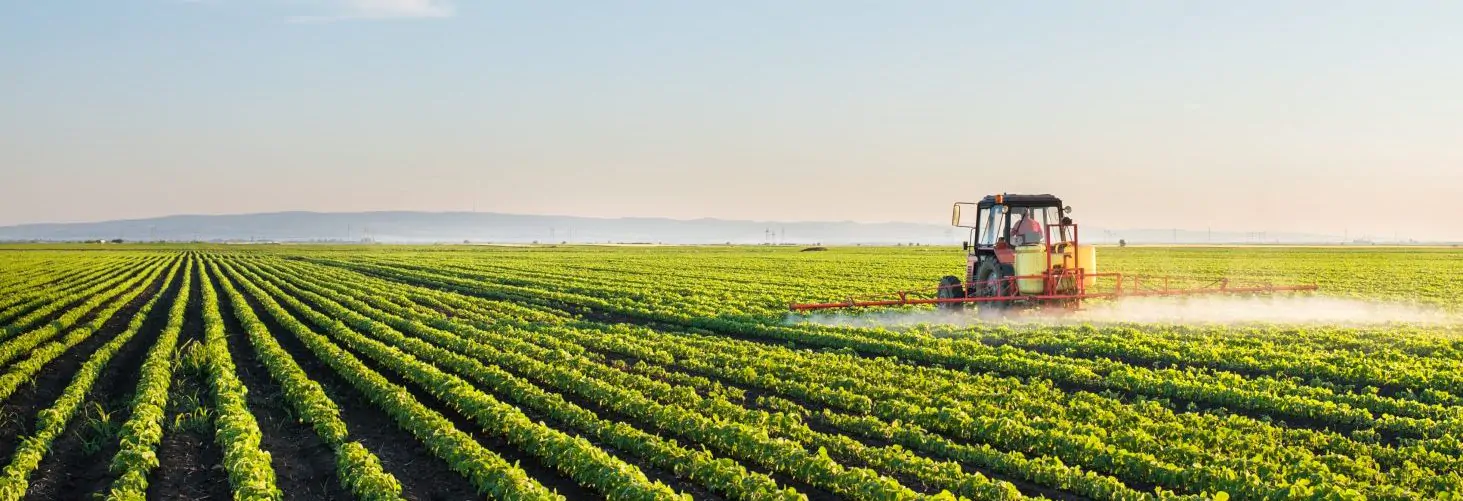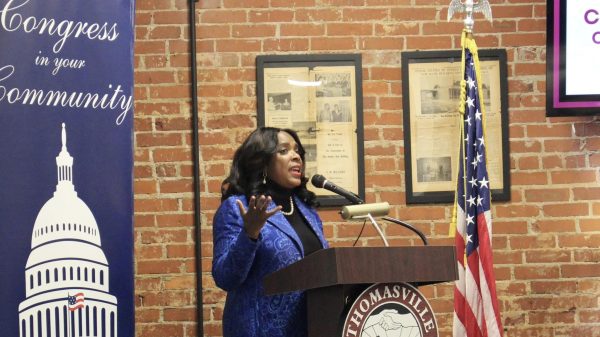By Brandon Moseley
Alabama Political Reporter
Wednesday Farmers and Families First, Inc. launched its initiative on behalf of the American farmer and consumer to advocate for free market-based policies in the agriculture industry. The organization announced that it hopes to “Play a lead role in advocating for policies that promote innovation, lower costs through competition, and fairness for farmers and families through relevant mergers and tax policy.”
“America’s farmers always put families first by producing the high-quality and affordable food we rely on,” said Dan Conston, chairman for Farmers and Families First. “Washington Policies should not burden farmers who are already experiencing consistently declining incomes, or hurt the average American family with increased prices on essential goods. We stand as an ally for farmers across the country and the customers they serve.”
The group believes that the most immediate issue facing farmers and American consumers is the proposed merger of Bayer AG and Monsanto Company. This deal they argue would create a $66 billion corporation with unprecedented control over the products farmers and agriculture businesses need to grow, produce and distribute high quality foods American families need.
Conston continued, “We look forward to educating farmers and families on how this proposed merger would increase costs, limit innovation and stifle competition in America’s agriculture industry.”
Farmers and ranchers depend increasingly on inputs like seeds, herbicides, and pesticides to grow our food. Only a handful of companies produce those inputs worldwide and two of the biggest seed giant Monsanto and global agrochemical powerhouse Bayer are in the process of merging.
The merger was proposed in the fall of 2016 and is currently under review by the European Commission, Brazil and the U.S. Department of Justice. Monsanto initiated the merger as an opportunity to combine seeds, traits, crop protection biologics and digital farming into a single “globally integrated agricultural platform.”
Scientists with Monsanto have been in the forefront of developing new crop varieties that are genetically modified to have special resistance to pesticides, insects, drought etc. The farming community is increasingly dependent on these Genetically modified organisms (GMOs) and the two biggest producers of these new patented seeds are Monsanto and Bayer. By 2005 there was a billion acres of the new crops planted – all of it planted in seed purchased from Monsanto.
The result of these crop innovations has been greater integration of the seed and agricultural chemical markets and tighter consolidation of the entire agriculture industry which, according to research by Texas A&M, has already led to significantly higher seed prices.
Researchers at Texas A&M warn that allowing the merger of Monsanto and Bayer would create a single company with the largest share of the global market for all grain seeds and the seeds of a substantial number of vegetables, like broccoli, green beans, carrots and onions. The new company would control more than a third of the global market for corn seed, nearly 70 percent of the global market for cottonseed and up to 69 percent of U.S. approved herbicide-tolerant seeds for alfalfa, canola, corn, wheat, soybean and cotton.
Before 1990 there were 600 or more small, independent seed businesses, many of them family-owned in the world. The corporations began to buy out the smaller companies. By 2006 there were only 250 left. By 2009 only about 100 survived on the planet. Meanwhile the introduction of traited seeds means that seed prices of already more than doubled.
Between 1975 and 1996 averaged between four percent and 11 percent of the gross return from an acre of corn was spent on seed. Today typically the cost of the seed is 19 percent of the crop receipts.
More and more farmers are switching from conventional seeds to seeds that have been genetically modified
Today most of the seed on the planet is produced by just four companies: Monsanto, Bayer, Syngenta, and Dow DuPont. In 1994 the top four seed companies had 21 percent of the total global commercial seed sales. By 2009 they had 54 percent of all sales.
Monsanto is already the biggest of the big four. Combine it with Bayer and they would control over 35 percent of the global corn seed market, roughly 28 percent of the global soybean market, and almost 70 percent of the global cottonseed market.
A merged Monsanto-Bayer would also be the world’s largest agrochemical company, constituting roughly one-quarter of the global market and reaping annual revenues of more than $67 billion.
Monsanto has even greater dominance in the U.S. market. In 2009, 77 percent of all U.S. acres of cotton, 82 percent of all American acres of corn, and 95 percent of U.S. soybeans were planted with seed varieties containing Monsanto traits.
According to researchers at Texas A&M’s Agricultural and Food Policy Center the Monsanto-Bayer merger would result in farmers currently using Monsanto’s brands of cottonseed should expect seed prices to rise by 19.23 percent on average, and those using Bayer’s brands can expect price increases around 17.41 percent on average. Moreover, the Center’s calculations revealed a 75 percent probability that the seed prices of both companies would increase by almost 14 percent on average, and a 25 percent probability that combined seed prices would rise by an average of over 20 percent.
Consumers think if beef goes up they will just eat chicken or fish or go vegetarian so they are not worried about corn or soybean prices. What they don’t fully understand is that if you control the seed business farmers are going to pass those costs back to consumers and the beef cattle, dairy cattle, hogs, chickens, pond raised fish like catfish and tilapia, or even cage reared fish are all fed the same feed…….which is increasingly produced by seeds grown by Monsanto and Bayer. Even vegetarians buy meat free products where grains and soybeans are often among the base ingredients.














